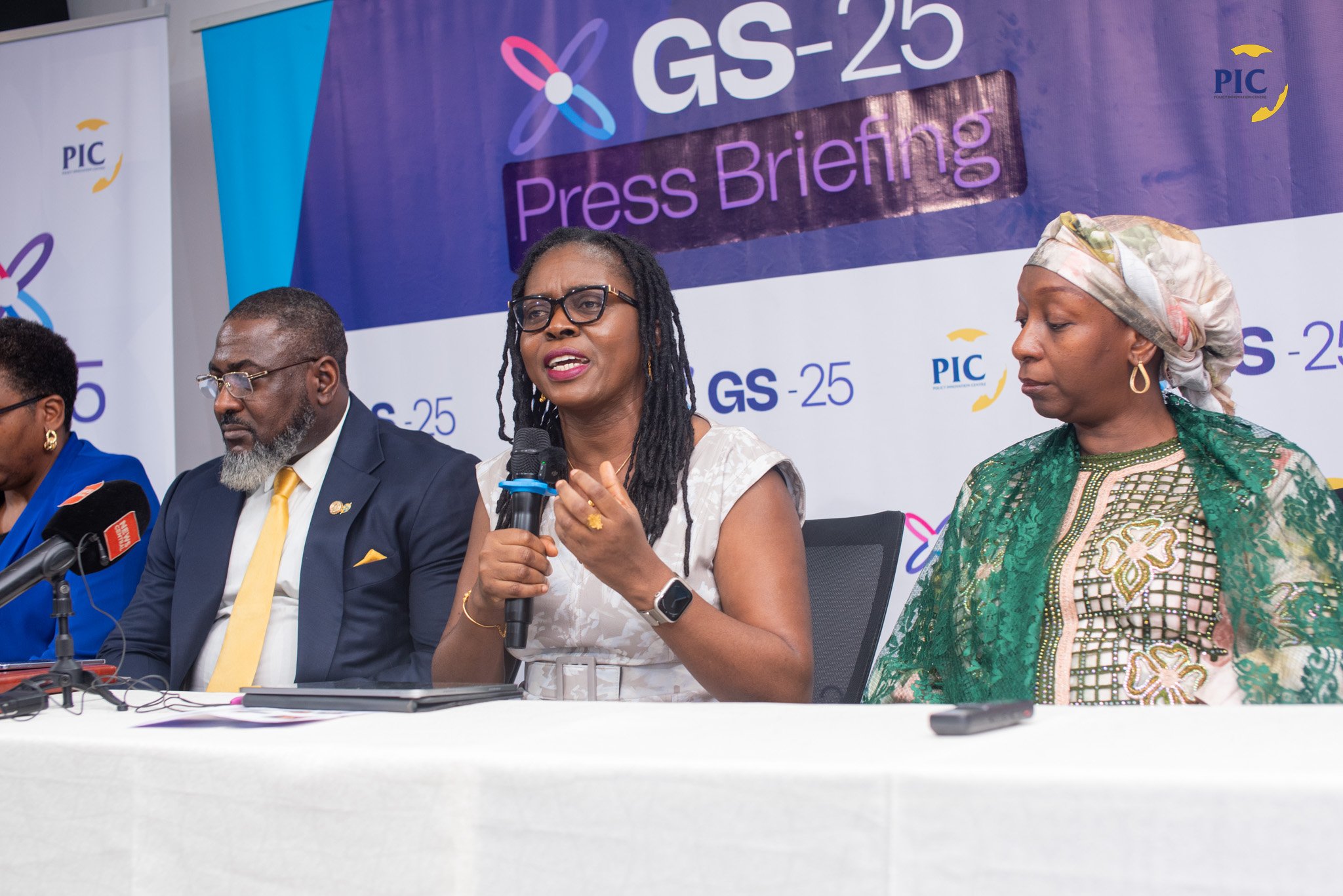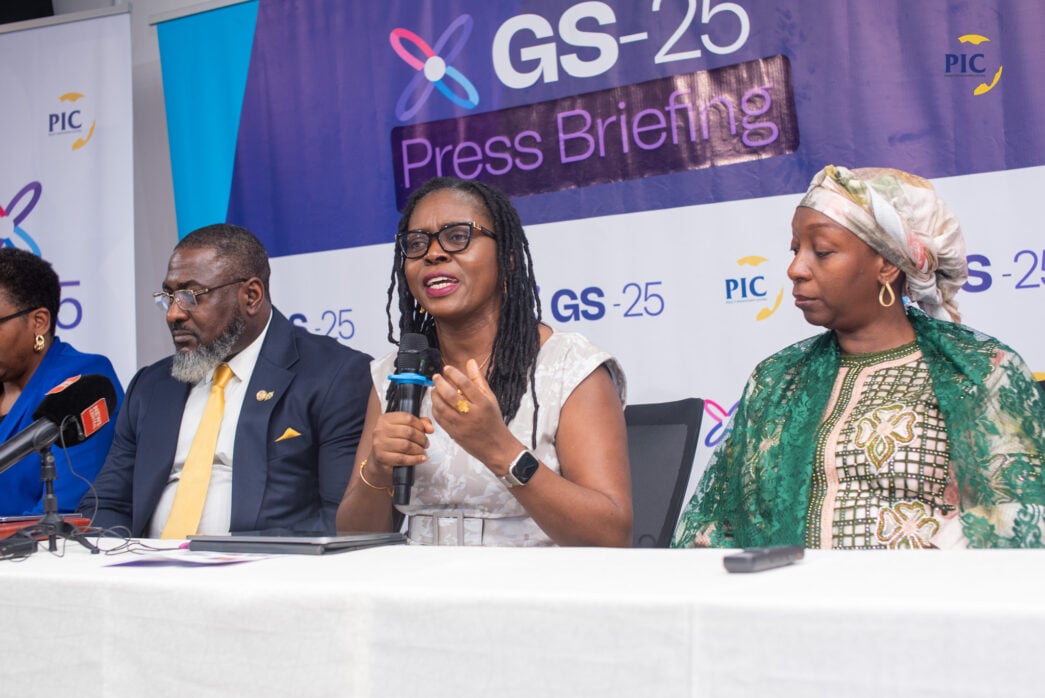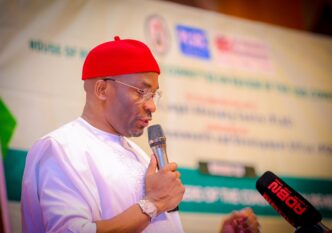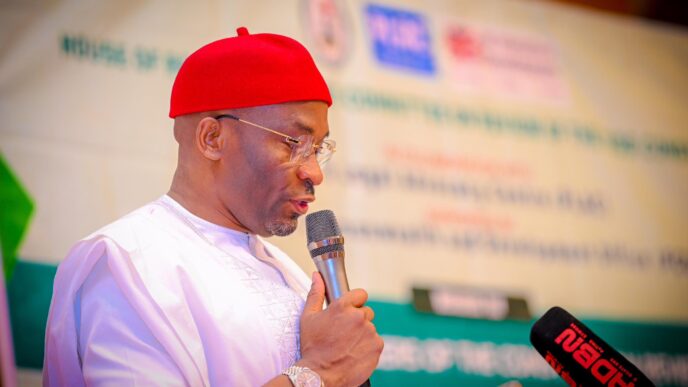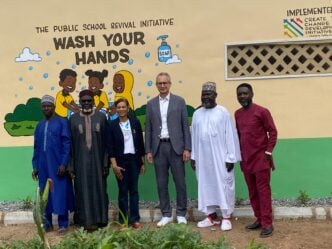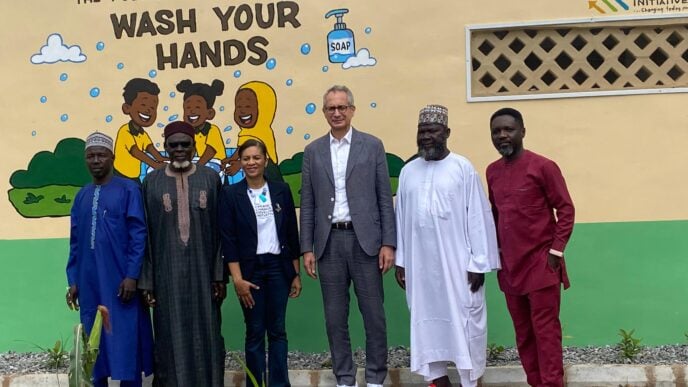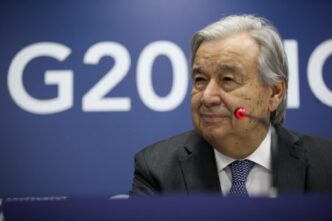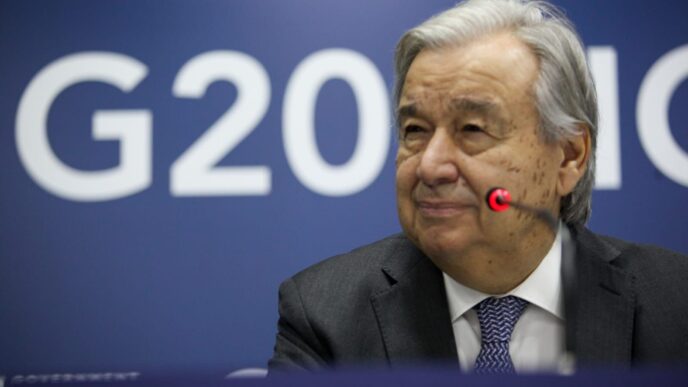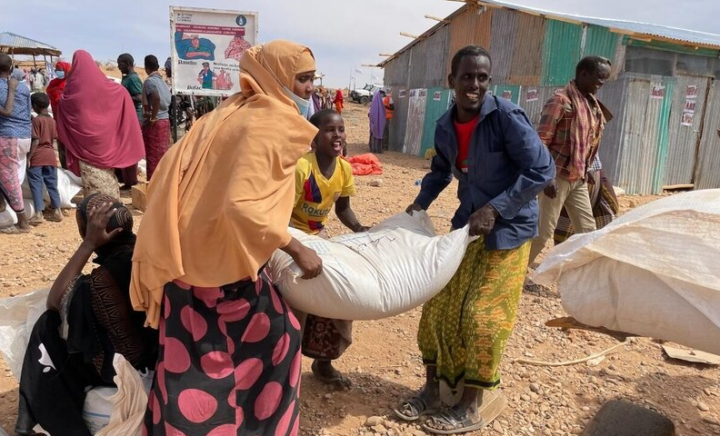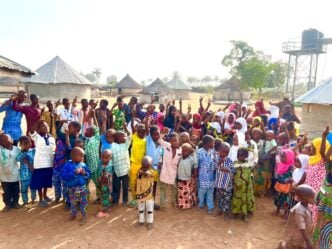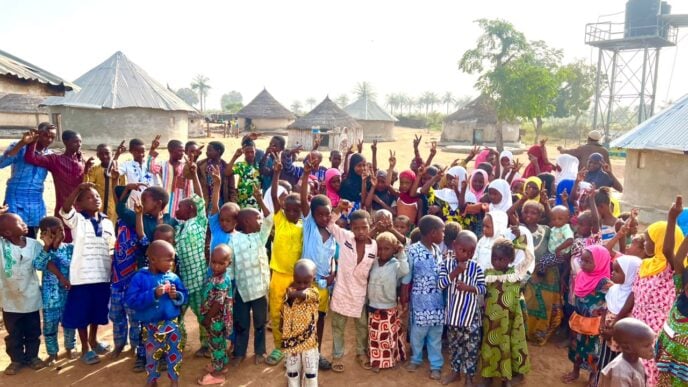Osasuyi Dirisu, executive director of the Policy Innovation Centre (PIC), says Nigeria must mobilise the collective capacity of all stakeholders to achieve an inclusive and sustainable society.
Dirisu spoke in Abuja at a press conference held ahead of this year’s forthcoming gender-inclusive summit (GS-25).
She said the three-day GS-25 scheduled to be held in Abuja between September 2 and 4 is aimed at giving voice to the silenced and vulnerable groups.
She added that the summit, with the theme “New voices and new approaches for accelerating an inclusive society,” will also support the co-creation of actionable strategies that would advance actualisation of the sustainable development goals (SDGs).
Advertisement
Dirisu said the summit will serve as a platform to accelerate progress towards a gender-inclusive Africa by harnessing innovative approaches and amplifying new voices as a strategy for advancing economic and social development for all.
“And the best way to achieve an inclusive, sustainable society is by mobilising the collective capacity of society and the gender and inclusion summit that we invite you to this year. New voices and new approaches for accelerating inclusive society are poised to do just that,” she said.
“So, as we look through evidence, look through literature, and look through where we are as a continent, it becomes clearer to us that if our platform, the gender and inclusion summit, is going to be truly inclusive, then we now have to solve for bringing those voices into the room.
Advertisement
“So, the theme of GS 2025 allows us to reflect deeply on what inclusive development really means.
“Many times, we programme for inclusive development from our own lens. So, I’m programming for someone, a person with disability. I’m programming for someone who is, for example, visually impaired.
“I’m programming for a vulnerable woman, programming for that young boy on the streets whose understandings of norms are shaped by the world in which he’s been socialised into.
“How then can I ensure that I’m able to reflect on what bringing development to these people exactly means?
Advertisement
“And so, this year, we want to explore new voices. And by new voices, we mean bringing the critical voices into the room to ensure that we are better solving for problems that have been clearly identified.
“We also want to ensure that we are giving voice to people who either have been silenced or lack the agency or platform to air their views.”
Osasuyi said the summit will explore solutions to the prevailing gender inclusive problems without jeopadising the potential for the future.
“We are reflecting on what is culturally competent, relevant to our country, sustainable, scalable, and moving the needle to actually ensure that we are building an inclusive society,” she said.
Advertisement
“In rounding up, why is this all important? It’s important because when we talk about sustainable development, we are saying we want to solve problems for today without jeopardising the potential for the future.”
FRAMEWORK FOR TRANSFORMATIVE AGENDA POLICIES UNDERWAY
Advertisement
Imaan Sulaiman-Ibrahim, minister of women affairs, said the ministry is working to develop a national framework for transformative agenda policies.
Represented by Hawa Lamino-Abubakar, the minister said efforts are on to take a holistic approach to gender mainstreaming, noting that the ministry has the mandate for women, children, families, and the vulnerable.
Advertisement
“Presently, the ministry has considered, let me say, a bouquet of policies that call across all sectors of the economy. We are looking at it from the private institutions to the government agencies, “she said.
“We are looking at gender budgeting. We are looking at procurement. We are looking at every aspect of the work of the government, and the private sector must have what we call gender mainstreaming.
Advertisement
“And we believe strongly the mandate of the ministry needs to be fully explored. As previously, the mandate was not comprehensively activated. Presently, the ministry has the mandate for women, children, families, and the vulnerable.”
